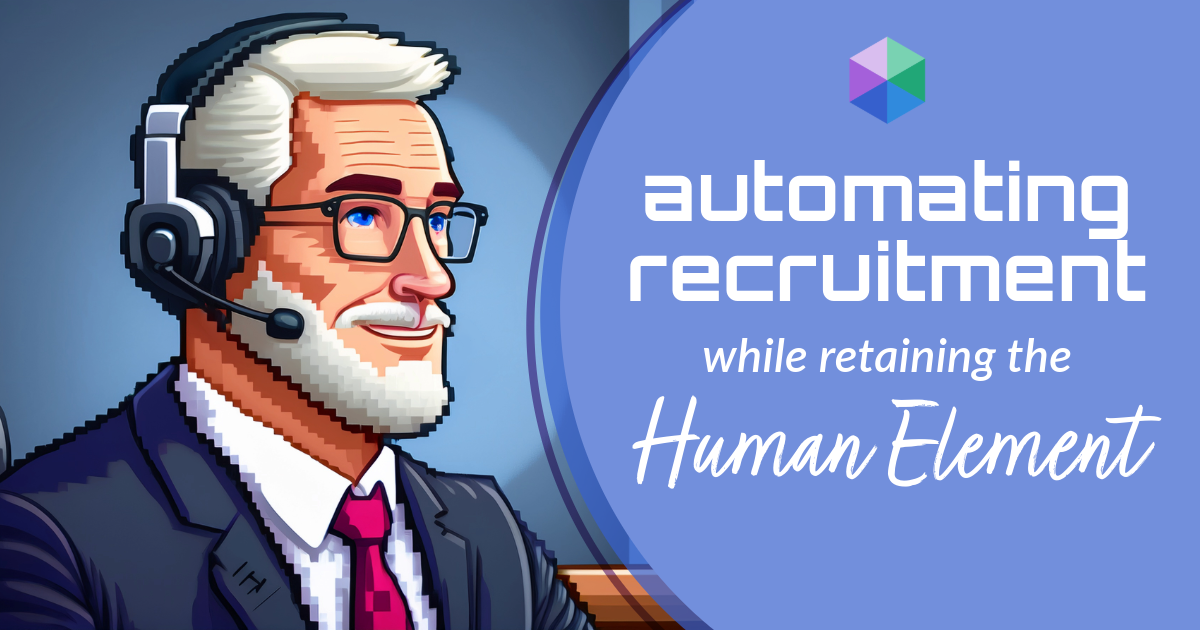If you know how to use HR software (Click here), and are looking for a career in which to use those skills, your future looks bright.
A recent report from HRGuru found that there is currently not enough talent to meet demand to fill positions dealing with Human Resource Information Systems. HRIS products that help companies manage their personnel have become increasingly important as technology is now a key part of any HR department.
“As HRIS systems have become more sophisticated, the demand for experienced professionals in this area has risen,” the report notes. “HRIS professionals are often involved in product selection, systems customization, implementation and ongoing administration. If you are extremely detail-oriented and enjoy working with computers, this might be the job for you.”
In order to work with HRIS, you must have strong PC skills, be comfortable working at a computer for most of the day, be well organized, and be detail-oriented. If you have these skills and can land yourself a job, you can look forward to earning a median salary of $52,000 per year.
Aside from the basic skills needed, the educational backgrounds of HRIS professionals vary, reflecting the diversity of duties and levels of responsibility. Most employers require applicants to at least have a college degree.
For entry-level positions, employers usually seek college graduates with a degree in human resources, human resources administration or industrial and labor relations. Other employers may prefer college graduates with a technical or business background, or a well-rounded liberal arts education.
Overall, employment for HRIS professionals is expected to grow by 17 percent between 2006 and 2016, which is faster than the average for all occupations. College graduates who have earned certification will have the best job opportunities.

The job of recruiting in 2025 is, to put it mildly, complex. Of course, you’ve still got the classic struggles of juggling open roles (many, if you’re lucky!), engaging with a constant stream of jobseekers, and striving to build lasting relationships with your clients. However, the modern recruiter also has to balance the need for efficiency and competitiveness with the fundamental human connections that underpin successful placements.
Read more
On Wednesday, April 2 our partner Quil will be co-hosting a webinar with us about their PCR integrated note-taking AI for recruiting teams. Register now!
Read more
PCR joins partners at CarbonWeb on March 5th at 1 PM EST for an exclusive webinar about the power of transparent pipeline data and how it can transform your recruiting efforts and increase your placements.
Read moreFind out more about who we and what we do.